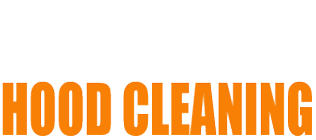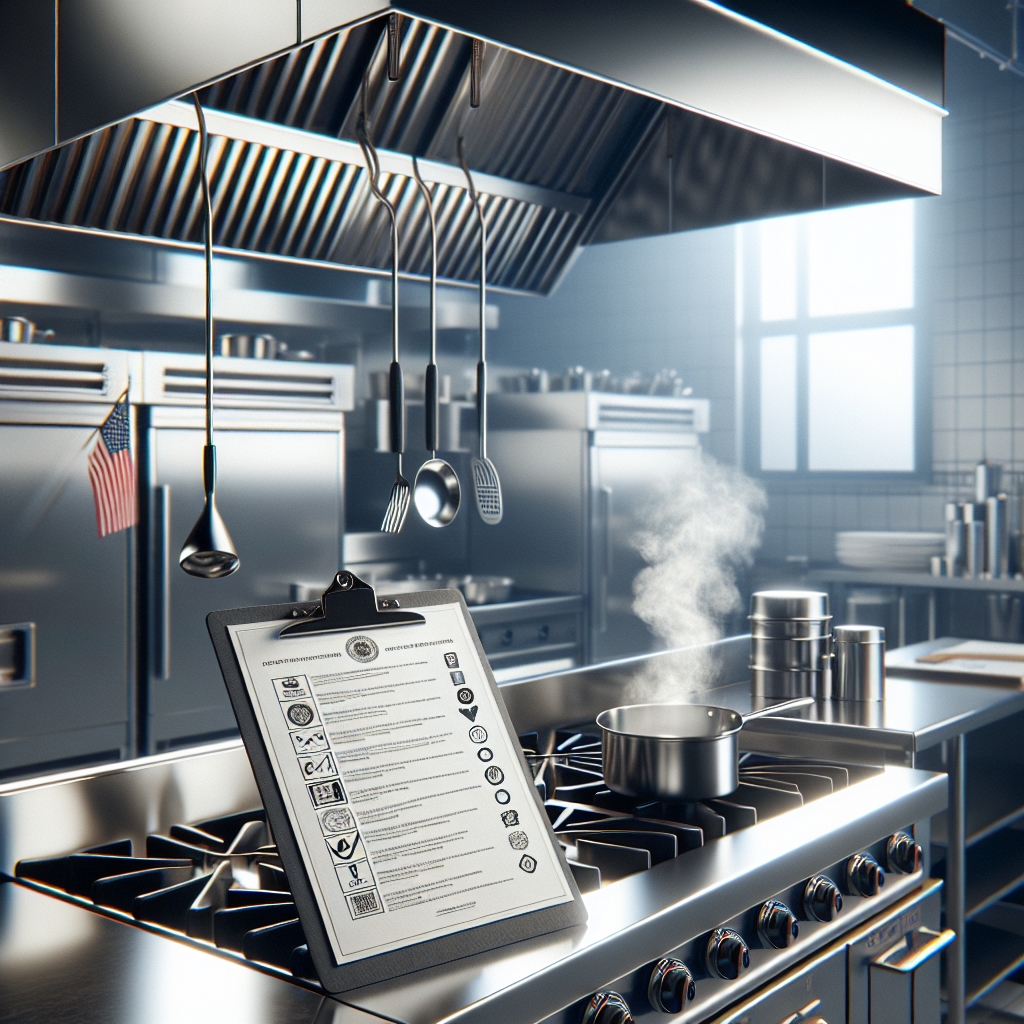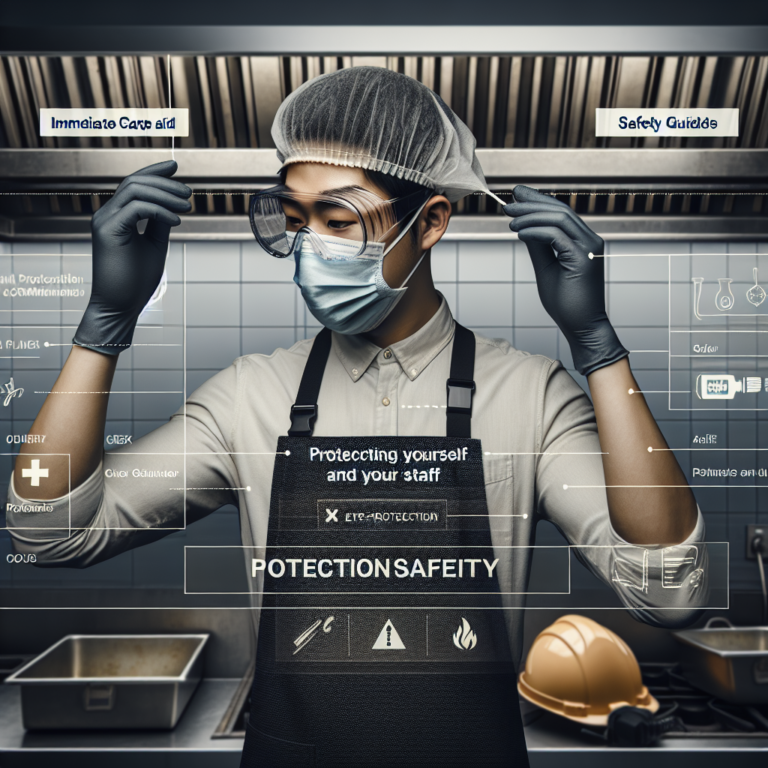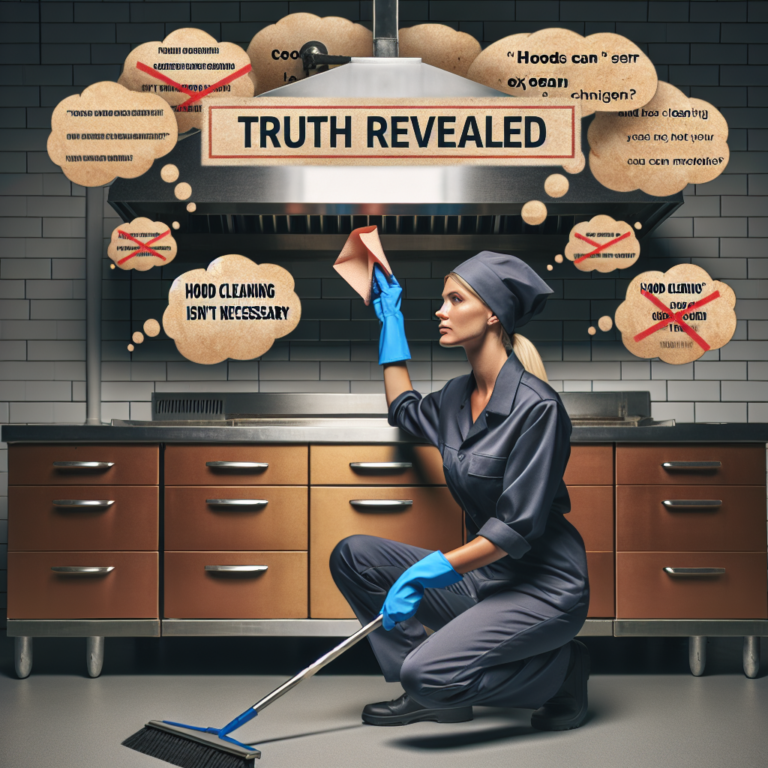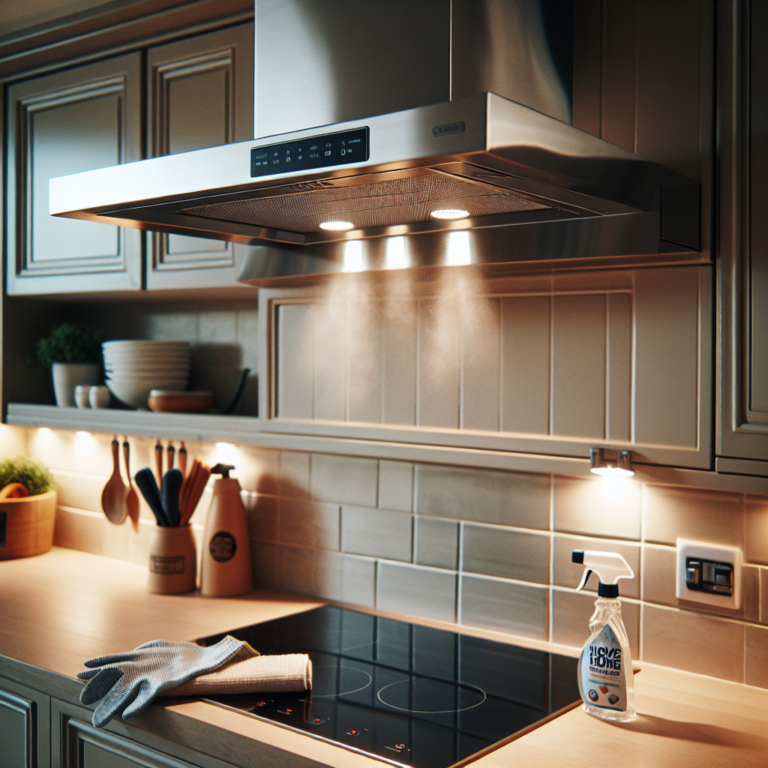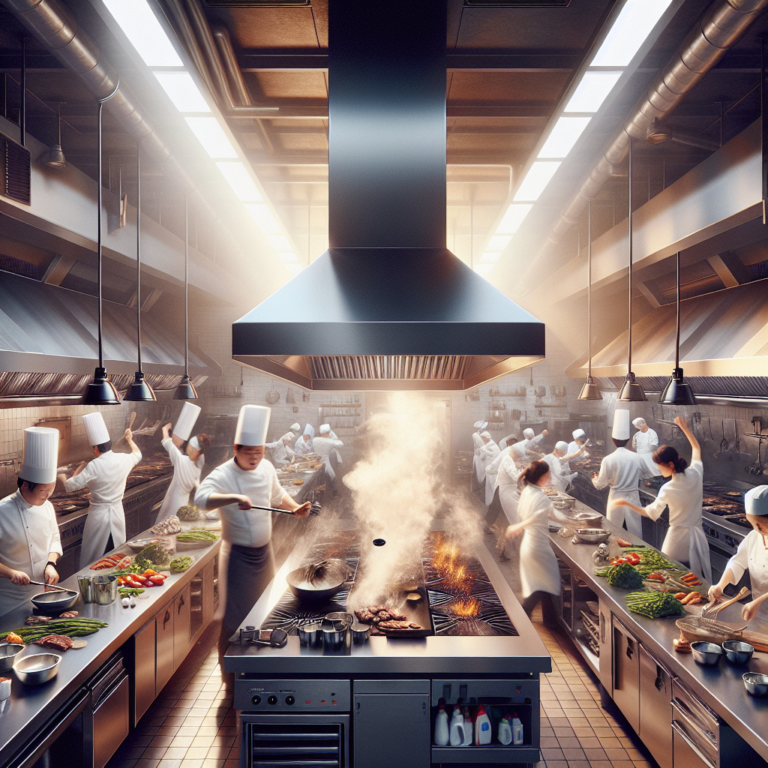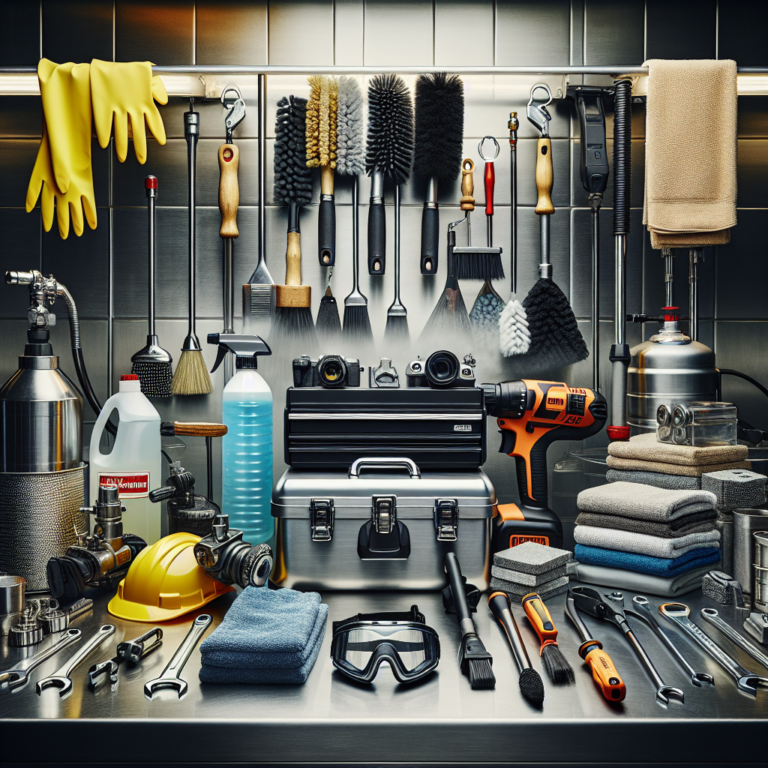Comprehensive Guide to Complying with Hood Cleaning Regulations
“`html
Understanding Hood Cleaning Regulations
Hood cleaning is essential for any restaurant or commercial kitchen. It helps maintain a clean environment and prevents fire hazards. This article explains the local, state, and federal regulations related to hood cleaning.
Local Regulations
Cities often have specific rules concerning hood cleaning. These regulations require restaurants to schedule regular cleaning. The frequency usually depends on the type of cooking and the volume of food prepared.
In Atlanta, officials mandate that restaurants clean hoods at least quarterly. High-volume operations may need monthly cleaning. Inspections ensure compliance, and fines may result from failure to meet standards.
State Regulations
State rules typically complement local laws, providing more detailed guidance. They cover the qualifications of cleaning personnel and the type of cleaning methods approved.
Georgia, for instance, plays an important role by endorsing specific training for cleaning professionals. This ensures that all cleaning personnel perform their tasks efficiently and safely. The state also requires documentation of all cleaning activities.
Federal Regulations
Federal guidelines revolve primarily around preventing fires and ensuring worker safety. The National Fire Protection Association (NFPA) outlines standards for proper hood cleaning practices.
NFPA Standard 96 specifies that all commercial kitchens need hoods that capture grease-laden vapors. The hood systems must undergo regular cleaning to prevent grease accumulation, which poses fire risks.
The Occupational Safety and Health Administration (OSHA) ensures that all hood cleaning technicians operate in safe conditions. They must use suitable equipment and protective gear when on the job.
The Importance of Adhering to Regulations
Failing to follow these regulations could have several consequences:
- Health Violations: Insufficient cleaning can lead to unsanitary conditions.
- Increased Fire Risk: Excess grease accumulation increases fire potential.
- Legal Repercussions: Non-compliance can lead to fines or even closure.
Regular hood cleaning not only protects your establishment but also ensures safety for both employees and customers. Being proactive in meeting all local, state, and federal regulations fosters a secure and healthy kitchen environment.
Choosing the Right Hood Cleaning Service
Look for a service that understands local, state, and federal regulations. Ensure they have certifications and a proven track record. A reliable service will document each cleaning and provide recommendations for maintaining compliance.
In Atlanta, several businesses specialize in hood cleaning. They offer a range of services tailored to meet regulatory needs. Choose a service with good reviews and competitive pricing.
Conclusion
Understanding the regulations surrounding hood cleaning is crucial for every restaurant owner. Adhering to them keeps your kitchen safe and operational. For more information on compliance and expert tips, visit Atlanta hood cleaning professionals.
“`
